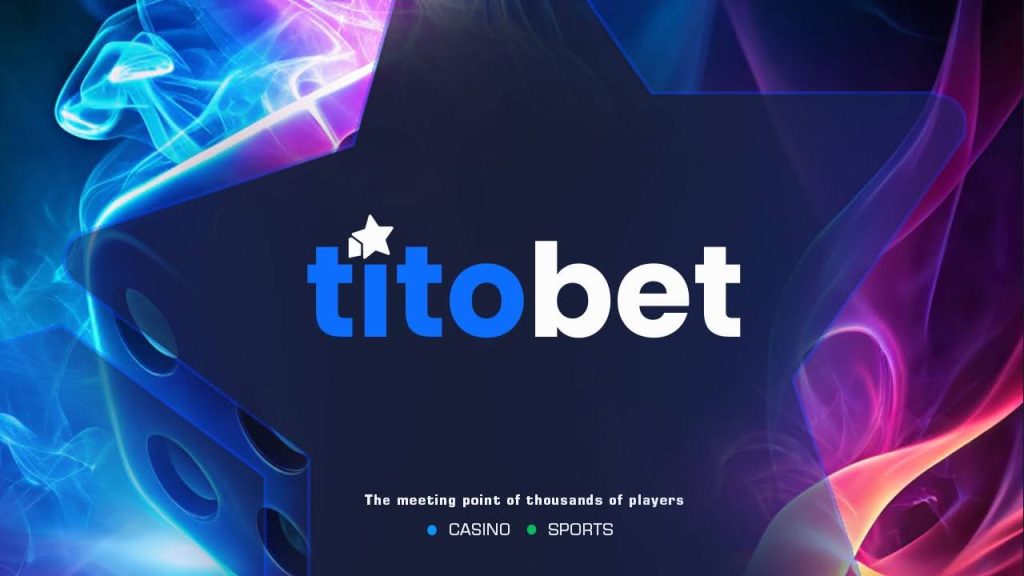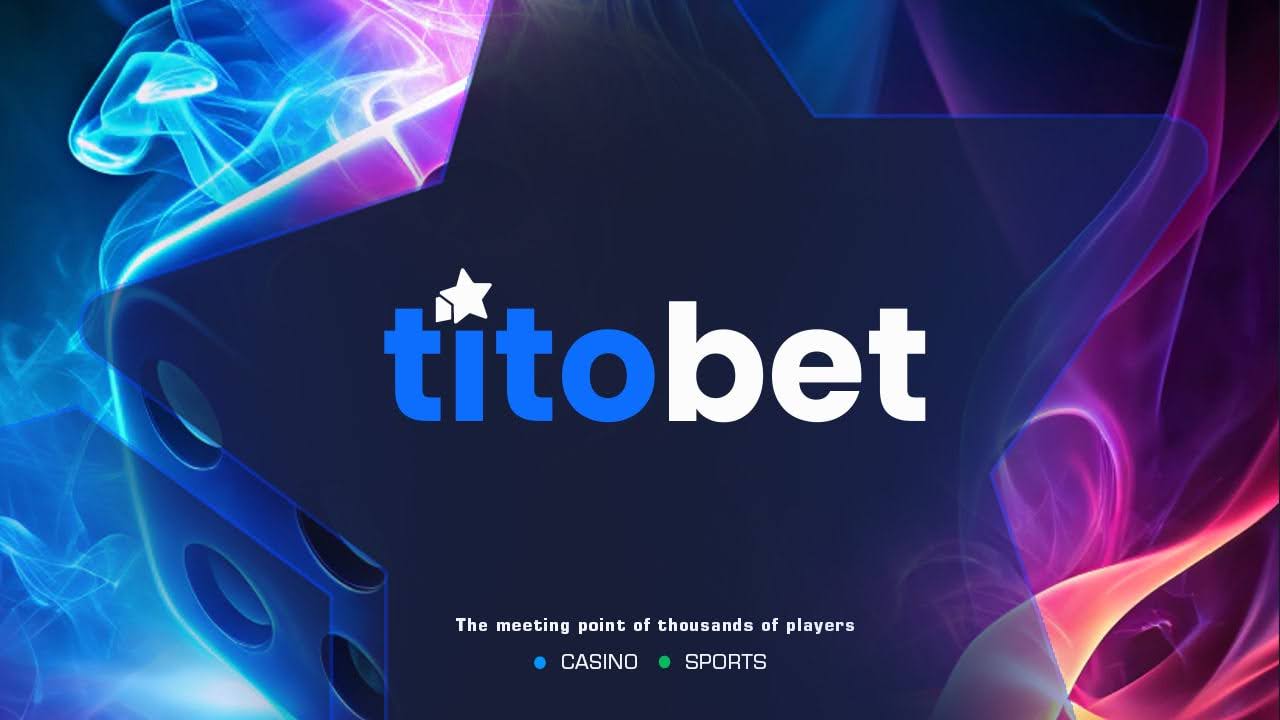
The online gambling industry has witnessed a profound transformation in recent years, driven by the convergence of cryptocurrency adoption and a growing demand for privacy. By 2025, crypto gambling platforms such as Titobet, Bspin.io, and others have emerged as key players in this digital entertainment sector, reshaping how users engage with online betting. These platforms leverage blockchain technology to offer enhanced privacy, faster transactions, and a broader range of betting options, catering to a new generation of players who prioritize anonymity and security.
Privacy as a Defining Feature of Modern Crypto Gambling
One of the most significant shifts in the crypto gambling landscape is the emphasis on user privacy. Unlike traditional online casinos that require extensive Know Your Customer (KYC) procedures, privacy-first crypto casinos operate with minimal or no KYC requirements. This allows users to register and play without disclosing personal information, appealing to those who value discretion and data protection. Platforms like Titobet exemplify this trend by enabling users to gamble without submitting identity documents, a feature that has attracted a diverse user base, including crypto enthusiasts and privacy-conscious gamblers.
The integration of SSL encryption and blockchain-based transaction transparency further enhances security. By encrypting data transfers and ensuring that financial interactions are tamper-proof, these platforms build trust among users who are wary of traditional casinos that often share or sell user data. The anonymity provided by cryptocurrencies like Bitcoin (BTC), Ethereum (ETH), and stablecoins (e.g., USDT) ensures that players can enjoy gambling without compromising their personal information, making privacy-first platforms a compelling alternative to conventional online casinos.
Robust Gaming Offerings and User Experience
Privacy-first crypto gambling platforms are not only focused on anonymity but also on delivering a rich and engaging user experience. Titobet, for instance, boasts an extensive gaming library with over 10,000 slot games and a variety of live casino tables, catering to different player preferences. The inclusion of provably fair games, which use blockchain technology to verify the fairness of outcomes, addresses long-standing concerns about transparency in online gambling. This feature has become a cornerstone of trust for many users, as it eliminates doubts about rigged games and ensures that every bet is fair.
The user experience is further enhanced by the speed and efficiency of crypto transactions. Deposits and withdrawals are often instant or near-instant, thanks to the decentralized nature of cryptocurrencies. This is a significant improvement over traditional fiat-based systems, which can take days to process withdrawals. The convenience of fast payouts, combined with premium customer support and VIP programs, makes these platforms highly competitive with traditional online casinos. Additionally, the absence of KYC requirements streamlines the registration process, allowing users to start playing almost immediately.
The Growing Scale of Crypto Gambling and Market Dynamics
The commercial scale of crypto gambling has expanded rapidly, with platforms now rivaling established traditional betting operators. Industry reports estimate that crypto casinos generate upwards of $80 billion in takings yearly, a testament to the growing demand for decentralized and anonymous gambling avenues. This surge in popularity is driven by the increasing acceptance of cryptocurrencies as valid mediums of exchange within the entertainment sector, as well as the desire for greater privacy and security.
Other notable platforms in 2025 include Jackbit, known for its rapid 10-minute withdrawals and no-KYC policy, Cloudbet with its comprehensive sportsbook offerings, and Winna.com, which has built a loyal user base through consistent service and attractive bonuses. The influx of new entrants has broadened consumer choice but has also intensified competition, highlighting the need for platforms to prioritize security, reliability, and innovation. As the market evolves, users can expect a wider range of options, with platforms continuously improving their offerings to attract and retain players.
Challenges: Regulation, Security, and Scam Risks
Despite the numerous advantages of privacy-first crypto gambling, several challenges persist. Regulatory frameworks remain inconsistent worldwide, with many countries imposing bans or heavy restrictions on online gambling or cryptocurrency use. This legal ambiguity creates risks for both operators and players, often forcing platforms into offshore or semi-regulated environments where consumer protections may be weaker. Navigating these regulatory hurdles is crucial for the long-term sustainability of the industry.
Security is another critical concern, as the irreversible nature of cryptocurrency transactions means that lost or stolen funds are often irrecoverable. Platforms must implement rigorous cybersecurity measures to protect user wallets and prevent hacks. Additionally, the crypto gambling space has seen instances of scams and fraudulent sites, such as Toshi.bet, which have exploited inexperienced users with fake partnerships and non-payment tactics. This underscores the importance of due diligence, community reviews, and choosing reputable platforms with transparent ownership and licensing.
The Role of Blockchain and Technological Innovations
Blockchain technology plays a pivotal role in the evolution of crypto gambling, extending beyond anonymity. Smart contracts automate betting and payout processes, reducing human error and bias. Provably fair game mechanisms utilize cryptographic algorithms to verify outcomes, ensuring transparency and fairness. These innovations have become key differentiators for privacy-first platforms, as they address long-standing concerns about the integrity of online gambling.
Emerging advancements like decentralized autonomous organizations (DAOs) are also beginning to influence governance models for some gambling platforms. DAOs allow users to have a say in platform policies and profit distribution, fostering a more democratic and community-driven approach to gambling. Additionally, the development of crypto wallets optimized for gambling enhances usability, enabling seamless deposits, betting, and withdrawals within a single interface. This bridges the gap between traditional financial systems and blockchain casinos, making the user experience more intuitive and accessible.
Conclusion: The Future of Crypto Gambling in a Privacy-Conscious Era
The rise of privacy-first crypto gambling platforms represents a significant shift in the online gambling landscape, driven by user demand for anonymity, trust, and innovation. By 2025, these platforms have successfully challenged and complemented traditional online casinos by offering a compelling alternative that aligns with the principles of decentralization, user control, and transparency. While regulatory uncertainties and security risks persist, ongoing technological advancements and increasing user education are likely to solidify the role of privacy-focused crypto casinos in the global gambling ecosystem.
As these platforms continue to expand their game offerings, bonus structures, and user protections, players can expect an evolving landscape that respects privacy without compromising excitement or fairness. For users seeking discretion alongside fast, secure, and fair gambling experiences, privacy-first crypto gambling platforms are not just a fleeting trend but a lasting paradigm shift in how digital betting unfolds. The future of online gambling is increasingly privacy-conscious, and crypto casinos are at the forefront of this transformation.





